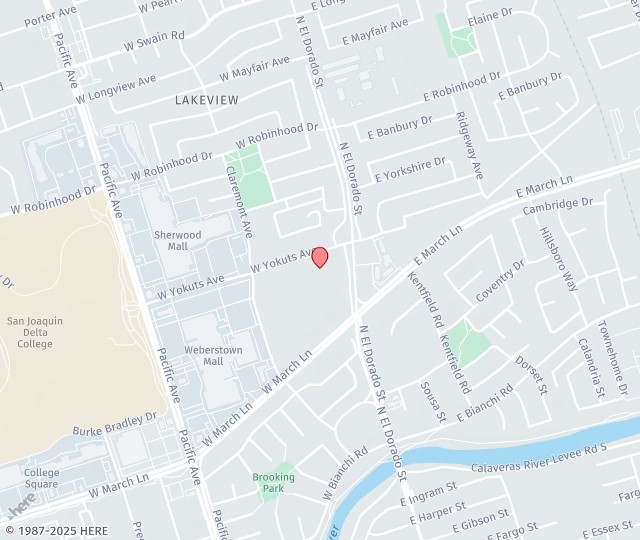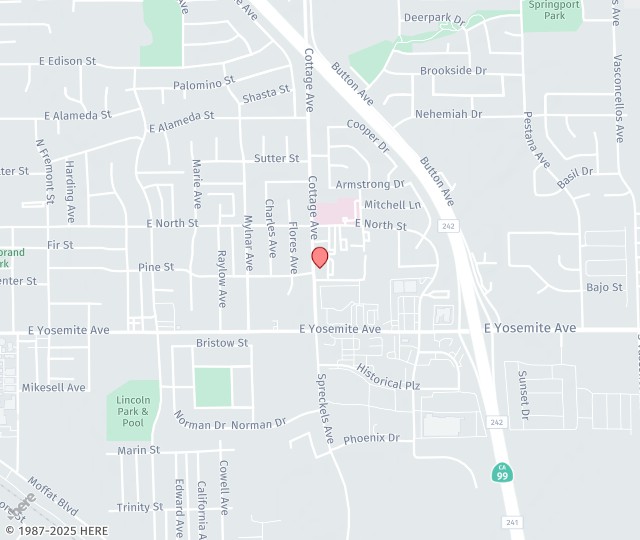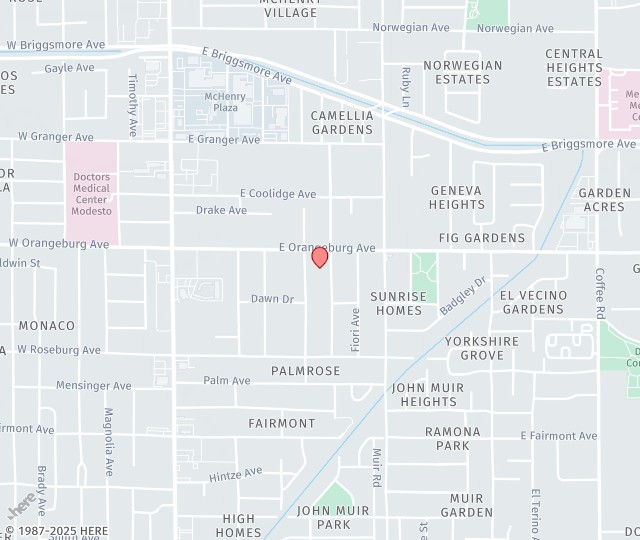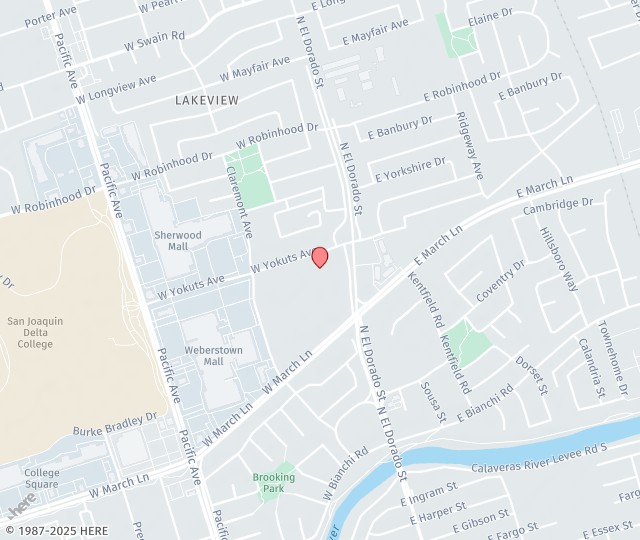
Whether the change is sudden or gradual, it’s easy to wonder: Is this something minor or a sign of something more serious?
At Central Valley Eye Medical Group, Inc., our board-certified, fellowship-trained ophthalmologists provide comprehensive eye exams to help you get the clarity you need – literally and figuratively. This blog walks you through five important questions to ask during your appointment.
Question 1: What’s Causing My Blurry Vision?
Blurry vision isn’t a diagnosis. It’s a symptom. Common causes include:
- Refractive errors like nearsightedness or farsightedness
- Dry eye syndrome
- Cataracts
- Glaucoma
- Macular degeneration
- Diabetic eye disease
Question 2: Could This Be a Sign of a More Serious Condition?
Be sure to rule out more severe issues. Blurry vision can sometimes be linked to:
- Retinal detachment
- Stroke
- Multiple sclerosis
- Uncontrolled diabetes
This question encourages your doctor to consider systemic health factors and helps you better understand your risks.
Question 3: Do I Need Any Additional Tests?
A standard eye exam might reveal the cause, but some cases require further testing. Depending on your symptoms, your physician might suggest:
- Retinal imaging
- Optical coherence tomography (OCT)
- Visual field tests
Central Valley Eye offers in-depth testing through our sub-specialty services in areas like retina, cornea, and neuro-ophthalmology.
Question 4: Will This Get Worse Over Time?
Understanding the likely progression makes planning easier. Be sure to ask:
- Whether the condition is stable or progressive
- What lifestyle changes (if any) can make a difference
- How often you’ll need follow-up exams
Question 5: What Are My Treatment Options?
Your treatment might include:
- Updated prescription lenses
- Prescription eye drops
- Surgery or laser therapies (for conditions like cataracts or glaucoma)
At Central Valley Eye, we tailor care plans to match your diagnosis and goals, supported by our physicians’ leadership in ophthalmic research and education.
Get Clarity With the Right Questions
Blurry vision can be frustrating, but the right conversation with your eye doctor can give you answers and peace of mind.
If you’re noticing shifts in your sight, schedule a comprehensive eye exam with Central Valley Eye Medical Group, Inc. Call us at 1.800.244.9907 or request an appointment online.



